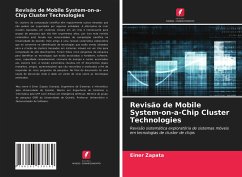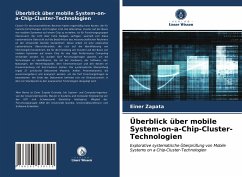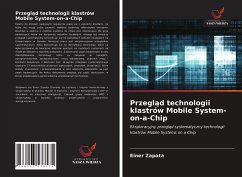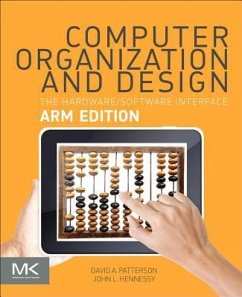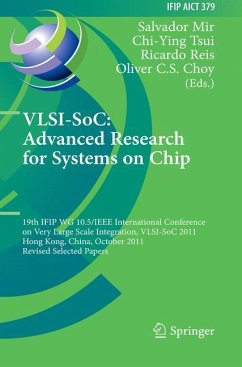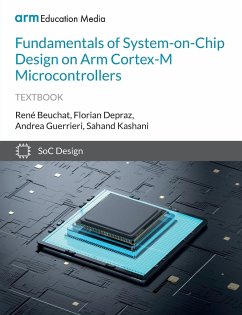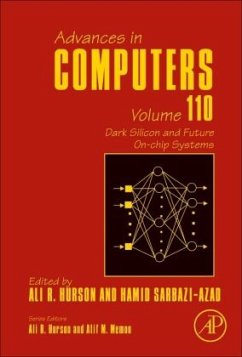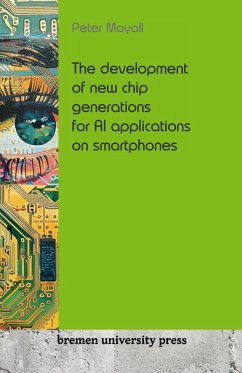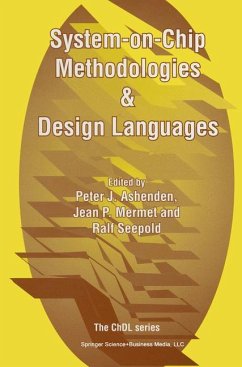
Review of Mobile System-on-a-Chip Cluster Technologies
Exploratory systematic review of Mobile Systems on a Chip cluster technologies
Versandkostenfrei!
Versandfertig in 1-2 Wochen
26,99 €
inkl. MwSt.

PAYBACK Punkte
13 °P sammeln!
Clusters for scientific computing regularly have high costs that cannot be afforded by some entities. The alternative of creating clusters based on mobile systems on a chip is interesting for research groups that do not have high budgets, which is why this systematic review is focused on the needs of scientific computing at the University of Quindio. This paper is an exploratory systematic review that focuses on identifying technologies that are being used for the creation of clusters based on mobile systems on a chip for high performance computing. Five research questions were asked to identi...
Clusters for scientific computing regularly have high costs that cannot be afforded by some entities. The alternative of creating clusters based on mobile systems on a chip is interesting for research groups that do not have high budgets, which is why this systematic review is focused on the needs of scientific computing at the University of Quindio. This paper is an exploratory systematic review that focuses on identifying technologies that are being used for the creation of clusters based on mobile systems on a chip for high performance computing. Five research questions were asked to identify the technologies that are associated with hardware, software, usages, computational capacity, power consumption and costs associated with SoC clusters. The systematic review resulted in 27 legal documents (papers, articles, presentations) that are summarized and analyzed in order to answer the five research questions. At the end of the document there is a discussion section where a point of view of the analysed technologies is given.



